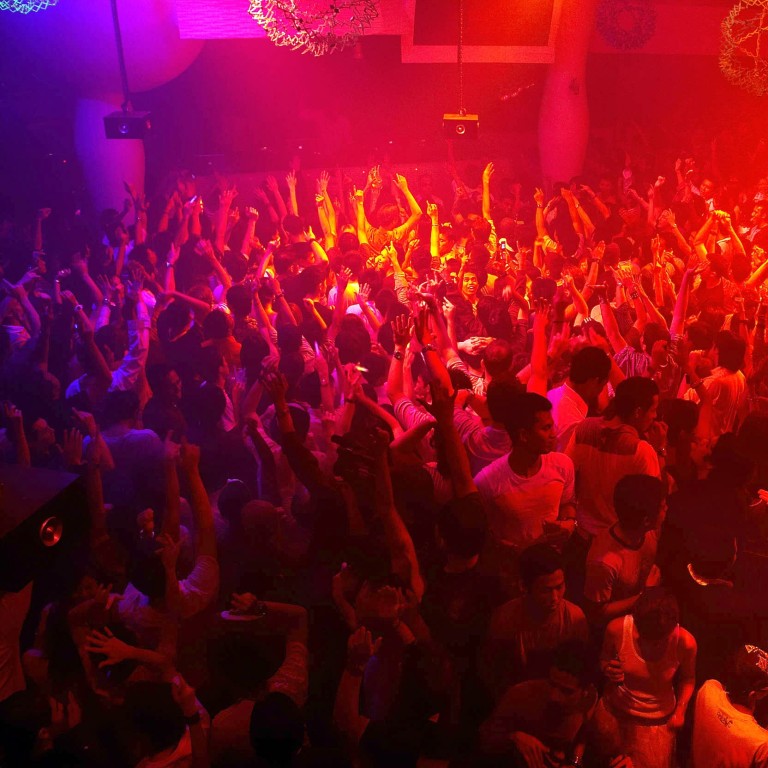
Singapore’s nightlife boring? Unshackle us from the red tape and it won’t be, operators say
- To many politicians in the Lion City, club culture represents little more than crime, illicit substances, vice and overindulgence
- But businesses say the nightlife sector is ripe for a renaissance, if only officials would see the light
Restrictive policies and structural disadvantages are hurting entertainment companies small and large, according to entrepreneurs and major players, who say the Southeast Asian nation’s stringent rules on land zoning, licensing and noise pollution are taking their toll.
Urban planning laws limit the number of venues that can cater to “alternative” tastes, making it difficult for musicians, artists and other creatives to stage events perceived as out of the ordinary. The result is a nightlife scene that is unable to hit its full potential.
“Nightlife isn’t officially regarded as a positive contribution to the overall gross domestic product of the city state,” says Dean Chew, co-director of design agency Fuur as well as co-founder of local record label Darker Than Wax.
To many local politicians, club culture represents crime, illicit substances, overindulgence and vice. But the sector also generates valuable social capital.
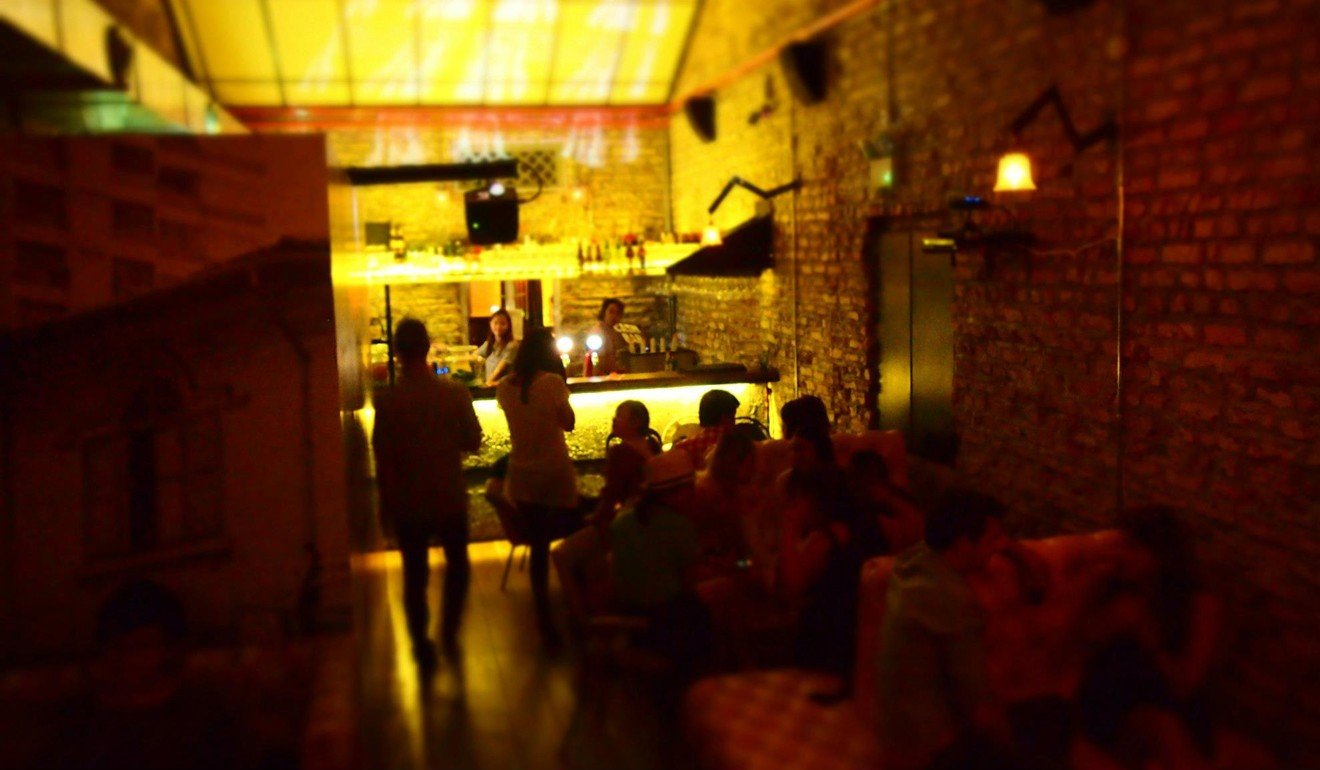
Naomi Xiao, who works with Midnight Shift Records, an electronic music imprint based in Singapore and Berlin, says a city’s culture is not just about art and food.
“It also includes grass-roots initiatives that create a connection between landscapes and people,” she says. “Many of Singapore’s underground parties use music and visual arts to explore ideas of identity and community, but because of limited infrastructure, collectives aren’t always able to execute their ideas.”
Eileen Chan, co-founder of The Council, a music agency that runs three nightclubs in the Lion City, says Singapore has the right environment for the night-time economy to flourish, “but the lack of support from the authorities and a lack of understanding of the needs of nightlife operators make it challenging”.
The best of alternative Singapore: an insider’s guide to exciting new bars, clubs, restaurants, beers and more
Space to grow
The Urban Redevelopment Authority (URA), a government body in charge of city design, has identified more than 30 classifications for land – but only two of these zone types allow for entertainment ventures.
A handful of neighbourhoods house the bulk of nightlife establishments, including Clarke Quay and Robertson Quay. Bars and nightclubs are banned in districts such as Chinatown and Kampong Glam because they are “incompatible with the historic charm and character of the area”, the URA says.
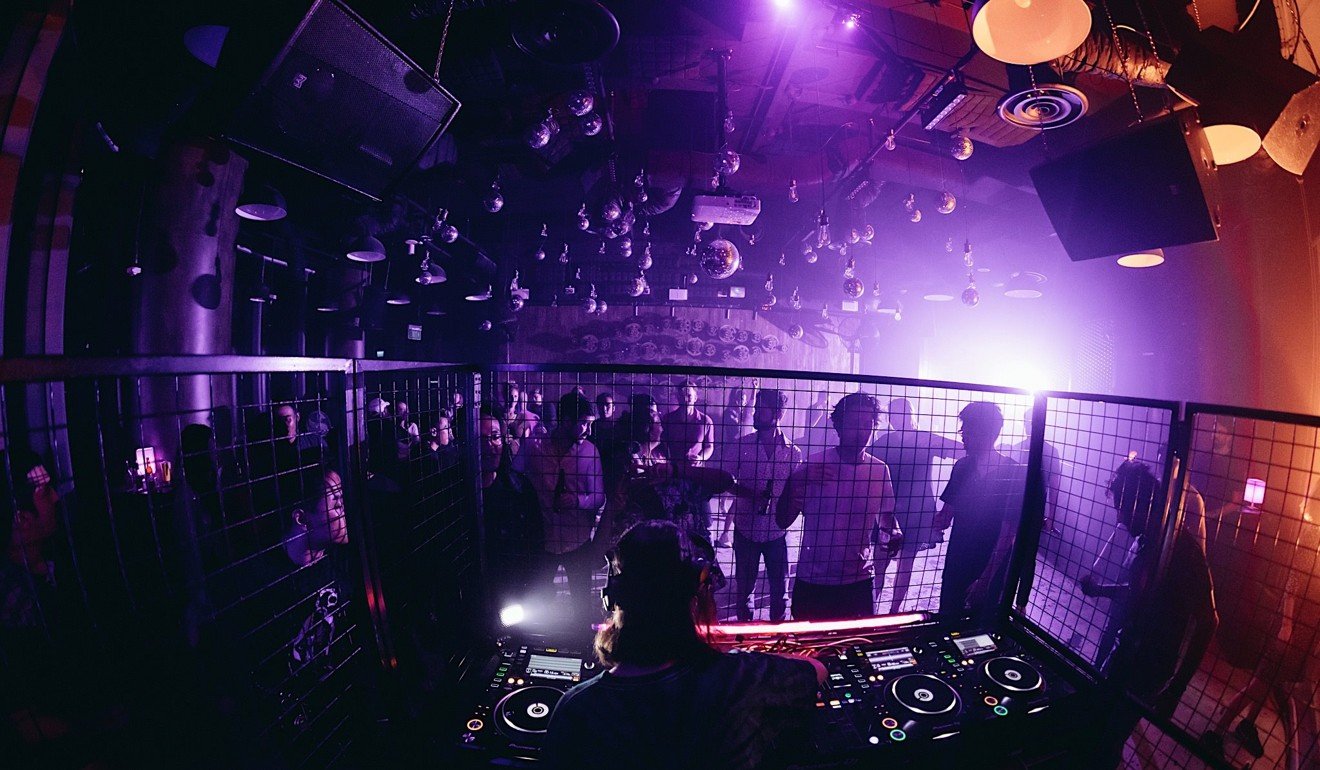
But limiting entertainment to specific districts is problematic. Due to sky-high rents, establishments typically rely on drinks sales to survive. To guarantee maximum crowds, most resort to well-worn pop music and bottle service, leaving little room for alternative approaches. For businesses that favour more left-field tunes and niche tastes, the profit margins are much slimmer. They cannot afford rents in designated nightlife districts but are unable to open elsewhere due to zoning legislation.
“The zoning laws don’t encourage a diverse tapestry of programming to take place,” says Darker Than Wax’s Chew. “Districts with a greater variety of programming can contribute positively to the overall key performance indicators of a country, and, in this case, the cultural DNA of Singapore.”
The URA says its system “helps safeguard the amenity of certain locations, as well as provide certainty and transparency on land use to businesses and various groups in society”.
Five of the hottest new nightclubs in Asia for partying all summer long
Land usage is “carefully calibrated to maintain a good-quality living environment for all, especially for major residential areas”, a spokesperson said.
Another stumbling block comes when housing pops up around entertainment businesses. In late 2016, mega club Zouk was forced to relocate from its location on Jiak Kim Street when developers began building flats around it.
Every five years, the URA releases a new urban development blueprint. According to the draft version of its latest edition, it plans to encourage a greater mix of property developments in the central business district – a move many hope will support local creatives.
“There needs to be more urban flexibility, a more fluid way of analysing neighbourhoods,” Chew says.
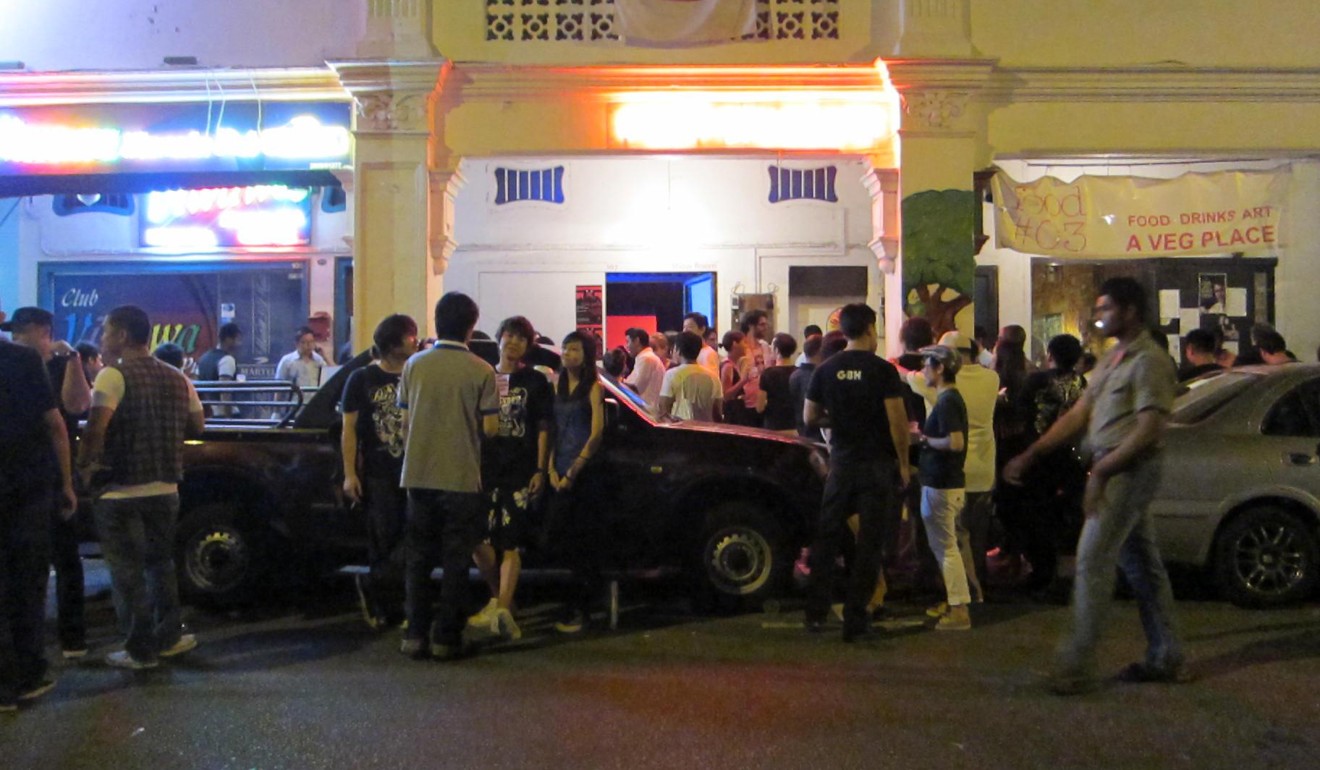
Not cool with the rules
Any establishment featuring music and dancing needs a Category 1 public entertainment licence, which allows for “transmission of recorded music, any variety act, performance of music, singing or dancing, gymnastics or acrobatics, including dancing by customers”. A Category 2 licence enables businesses to play recorded music, but without dancing. Many describe the process of obtaining the former as tough and costly.
Broadcast HQ – a vinyl retailer, bar and restaurant that opened in 2012 in Little India – says its Category 1 licence application was rejected. The Singapore Police Force, which issues the permits, told the business it would not be considering any new applications for that area, according to Broadcast HQ co-founder Cynthia Chua, the entrepreneur behind local hospitality giant Spa Esprit Group.
Sex, spas, sleaze: what Orchard Road of Singapore hides in plain sight
Broadcast HQ had to settle for a Category 2 licence and opted for music played by DJs instead of live acts. In late 2013, however, the venue was forced to close after police determined that even DJs were not covered by Category 2. S. Iswaran, then second minister for home affairs, said police had stopped issuing new Category 1 permits in that section of Little India since 2012, partly due to incidents of vice.
However, the problem is not limited to Little India. Several local entrepreneurs told the Post it was “near impossible” to secure a Category 1 licence in several downtown neighbourhoods.
The police force’s website carries a list of locations where licences are unlikely to be granted. They include popular areas such as Chinatown, Cuppage Plaza, Joo Chiat and Geylang.
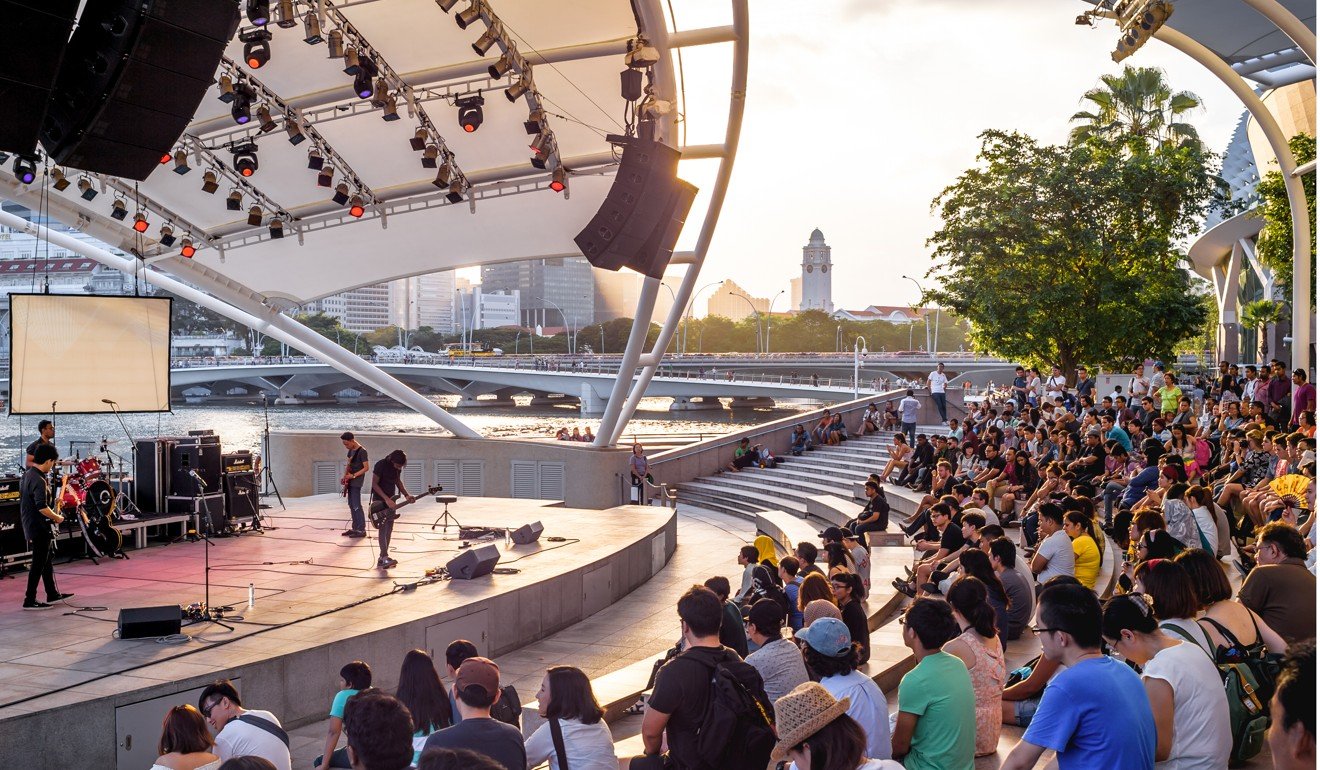
Chua, whose company Spa Esprit operates nine food and beverage brands in Singapore, says she has never been able to obtain a Category 1 permit. The scarcity has created a black market with exorbitant prices that squeeze out small businesses.
A police spokesperson said its licensing officers were “required to conform with the land planning provisions”. They must consider the URA’s land use rules “along with other factors such as the law-and-order situation when assessing applications for a public entertainment licence”.
Cramping their style
Licensing and zoning laws also make it difficult to pull off events in unique locations such as abandoned buildings or underused warehouses.
“New experiences are the name of the game in nightlife and art,” says Xiao of Midnight Shift. “You don’t always want to be in a club – it’s exciting to be in a space where you would never guess a rave could happen. In Europe, you can take over abandoned spaces for a pop-up rave, but that’s difficult to do here because the process of applying for permits poses obstacles for smaller collectives like us.”
Such events are often viewed as venues for renegade behaviour rather than a creative exercise, she adds.
The Council founder Chan says: “Interesting venues outside of residential areas should be allowed to be used for one-off music, arts or cultural events. There’s currently no room for dialogue pertaining to these issues, with applications for relevant permits often rejected with no reason provided.
“If they could even consider working with event organisers with a solid track record, that could really shift things around for the scene in Singapore.”
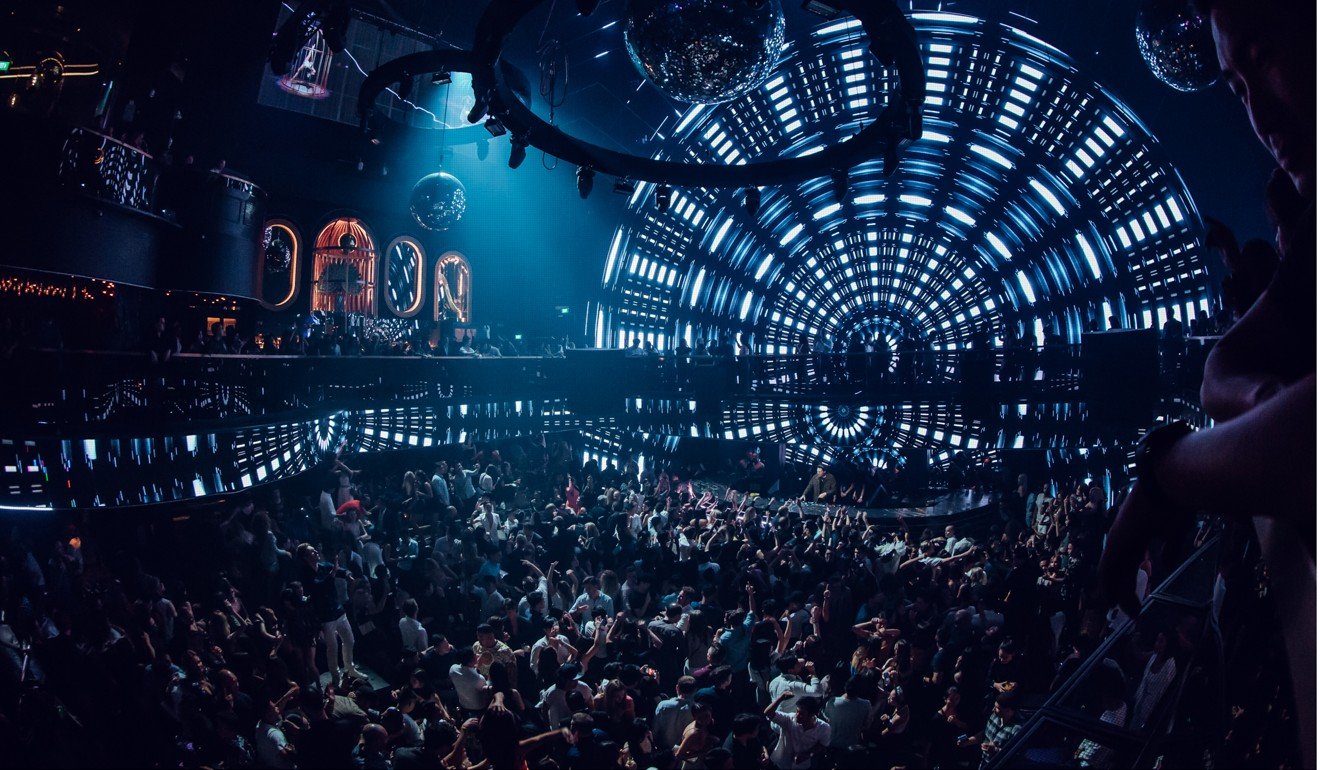
LopeLab, a boutique agency focused on transforming public spaces for communal good, has successfully thrown street parties and pop-up festivals in car parks, but the process is extremely challenging, founder Lorenzo Petrillo says.
“Every time we deal with a public space, we need to coordinate with various government agencies because one piece of land can be managed by the URA, National Parks Board, Singapore Land Authority and others,” he laments.
What’s more, the process is expensive, and includes rent, permit fees, food and beverage licences, road closure costs and cleaning charges. Outdoor film screenings require operators to approach the Infocommunications Media Development Authority and pay up to S$20,000 (US$14,430) as a deposit, as well as fees for censoring the movie. “They usually suggest screening only Hollywood movies that have already been censored,” Petrillo says.
He urges officials to be more financially supportive. “Government agencies don’t seem to understand just how difficult the operating environment is for creatives – they support the idea of transforming the city, but not in practice.”
Singapore’s sex trade: licensed brothels, ‘sugar babies’, and laws you can run rings around
Singapore’s land scarcity means the government’s stance on zoning and licensing is unlikely to radically change, but policies like those seen elsewhere in the world to support nightlife operators could help the industry better cope with existing rules, businesses say.
Tokyo recently announced billions of yen in grants and subsidies for nightlife promoters and venues. In London, officials have introduced legislation that aims to safeguard venues from the threat posed by residents making noise complaints – one of the biggest causes of shutdowns.
In the Lion City, meanwhile, many players say they would be happy if the authorities simply showed an interest in their plight.
“First and foremost, we need a conscious effort to engage in participatory dialogue between all sides,” says Chew of Darker Than Wax. “That is really the most critical need right now, before anything else can be seeded.” ■
